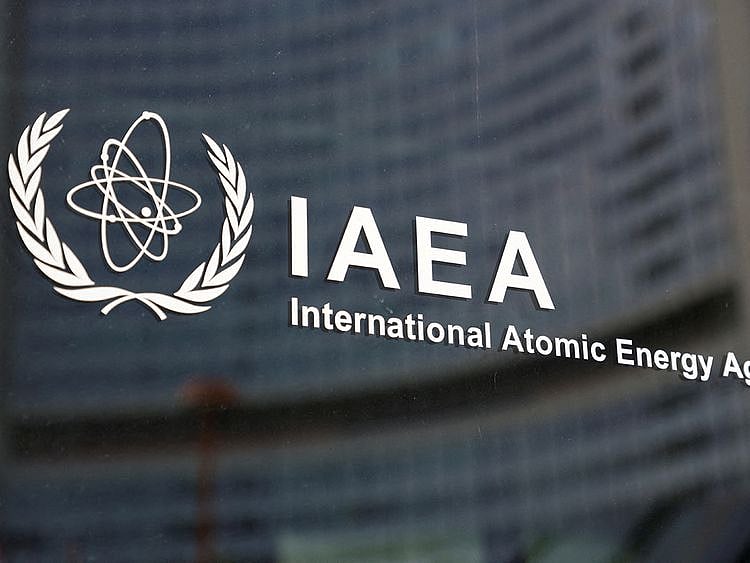Vienna: UN nuclear watchdog inspectors have found that roughly 2.5 tons of natural uranium have gone missing from a Libyan site that is not under government control, the watchdog told member states in a statement on Wednesday seen by Reuters.
The finding is the result of an inspection originally planned for last year that "had to be postponed because of the security situation in the region" and was finally carried out on Tuesday, according to the confidential statement by International Atomic Energy Agency chief Rafael Grossi.
IAEA inspectors "found that 10 drums containing approximately 2.5 tons of natural uranium in the form of UOC (uranium ore concentrate) previously declared by (Libya) ... as being stored at that location were not present at the location," the one-page statement said.
The agency would carry out "further activities" to determine the circumstances of the uranium's removal from the site, which it did not name, and where it is now, the statement added.
"The loss of knowledge about the present location of nuclear material may present a radiological risk, as well as nuclear security concerns," it said, adding that reaching the site required "complex logistics".
In 2003 Libya under then-leader Muammar Gaddafi renounced its nuclear weapons programme, which had obtained centrifuges that can enrich uranium as well as design information for a nuclear bomb, though it made little progress towards a bomb.
Libya has had little peace since a 2011 NATO-backed uprising ousted Gaddafi. Since 2014, political control has been split between rival eastern and western factions, with the last major bout of conflict ending in 2020.
Libya's interim government, put in place in early 2021 through a UN-backed peace plan, was only supposed to last until an election scheduled for December of that year that has still not been held, and its legitimacy is now also disputed.
Sign up for the Daily Briefing
Get the latest news and updates straight to your inbox
Network Links
GN StoreDownload our app
© Al Nisr Publishing LLC 2026. All rights reserved.
